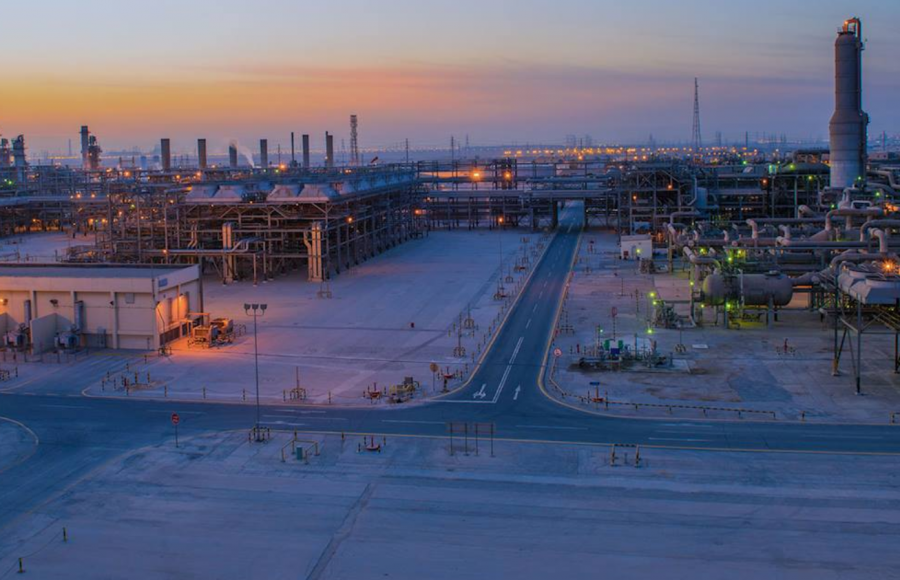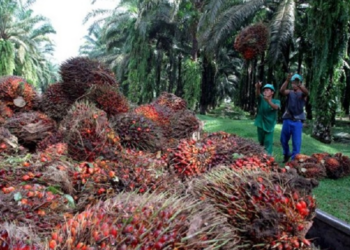Over the weekend, Saudi Arabia, the OPEC’s largest exporter of Crude Oil reported that one of its major oil facilities was hit by a drone attack. The attack reportedly affected about 5 million barrels per day of crude oil production about half of its output. Saudi Arabia’s oil company Aramco said its refineries were badly hit by the drones causing massive fires. Link
Whilst this is bad news on a global scale, Nigerian may inadvertently stand to benefit from it, albeit in the short term. Before we get to that, here is a summary of what happened and how the world is reacting;
- Saudi Arabia claimed it was hit with a coordinated drone attack on Saturday hitting about half its output. Link
- Yemen was initially blamed for the attack but the US is putting the blame squarely at Iran. Link
- Iran has denied launching any attack but claims it is ready to defend itself should there be an all-out war. Link
- Some people in the US have called for a united response against Iran. Link
- Saudi Arabia claims it could restore half of what is lost in a matter of days but the balance could take weeks to get back to production. Link
- Saudi is now behind the US and Russia as the worlds largest producer of crude oil.
How can Nigeria benefit from this?
- Nigeria can also benefit from a likely increase in its quota of crude oil sales. We currently export on average 1.8mbpd to 2.0mbpd
- Nigeria can increase its revenue from this if the issue persists and oil prices continue to rise.
- Reports already suggest oil price could rise to as much as 19% due to this crisis and its ensuing escalations. Link
- In fact, Brent Crude is already at $71.95 in Singapore up by $11.73
- However, Saudi oil production could be up and running in the short term. Also the US also produces large quantities of oil and could bridge the supply gap.
- Ironically Nigerian and Iraq agreed to production cuts. This latest crisis may keep that decision pending until it is resolved. Link
Forex Pressure is off
- There has been growing pressure on the CBN to consider a devaluation of the naira.
- Those in favour of devaluation often cite the drop in oil prices as a reason as well as the Real Effective Exchange Rate (REER).
- The CBN responded with a series of securities sales at significantly higher prices, a policy aimed at sucking out demand from the market.
- With this crisis probably escalating over the next few days, oil prices may continue to rise impacting positively on Nigerian foreign exchange proceeds.
- The CBN will view this as another reason to continue its defence of the current exchange rate regime.
- Thus, for now, the pressure to devalue is off until things return to normal.
Spanner in the wheel
- One potential downside in all this is Nigeria’s continued funding of fuel subsidy.
- If oil prices rise then Nigeria might have to pay higher for its fuel imports offsetting whatever gains it hopes to get from the temporary rise in oil price.
- Reports suggest Nigeria spends about $5 billion on the importation of fuel.
- Perhaps, if Nigeria already secured enough supplies beyond the crisis period then we may not be adversely affected.
But, it might not last long
- The US has already briefly overtaken Saudi as the world largest crude oil exporter.
- Apart from the US, Iran, Iraq, and Venezuela also have significant spare capacity to fill any gap created by the crisis in Saudi Arabia
- While the situation in Saudi has potential positive consequences for Nigeria, it is not sustainable. We still need to urgently diversify from relying on oil for government revenues.
- The government needs to focus on other mineral exports as well as broaden its tax base. We do not support an increase in taxes of any kind.
- On a positive note, this crisis will keep oil prices stable which has dropped to under $55 from as high as $66 back in April this year.
- Nigeria’s 2019 budget oil benchmark was $60 so government needs oil trade above that price to balance its budget.
- Nigeria earned N1.3 tr from crude oil sales in 2018 compared to N1.2tr budgeted and N2 trillion in 2017. So higher oil prices do favour Nigeria.
- Nigeria earned a combined $5.5 billion in oil revenues in 2018 compared to $4 billion in 2017. Source: Budget Office 2018 Q4 Implementation report.























